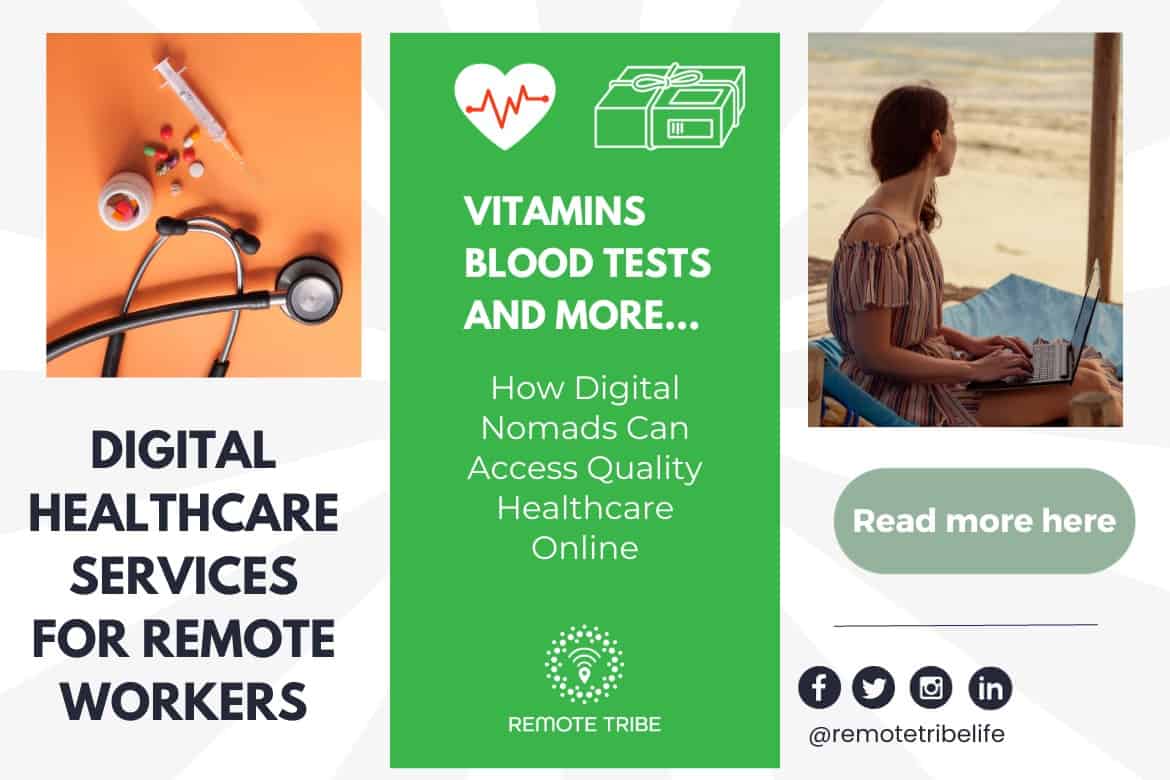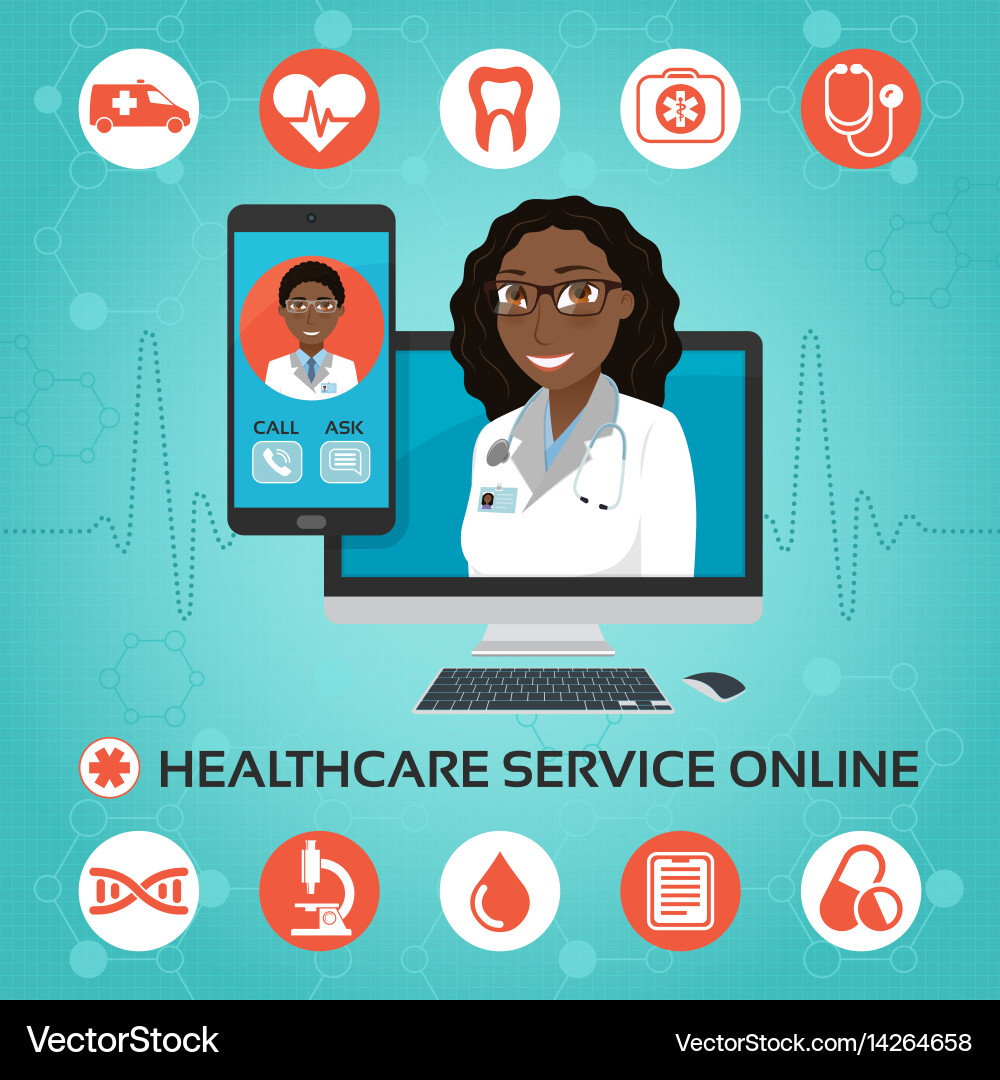How Subscription Based Healthcare is Changing Patient Accessibility to Services
How Subscription Based Healthcare is Changing Patient Accessibility to Services
Blog Article
The Surge of Subscription-Based Healthcare and Its Effect on Person Care
As medical care develops, the subscription-based design is gaining grip, promising to reinvent individual treatment by offering predictability and availability. The potential for these versions to improve healthcare shipment elevates pushing concerns about their long-lasting sustainability and inclusivity. Are these subscription services the future of medical care, or do they take the chance of leaving at risk populations behind?
Comprehending Subscription Medical Care Models
Grasping the idea of membership healthcare versions includes examining a transformative method to medical services that emphasizes affordability and availability. These models, typically described as direct key care (DPC) or concierge medication, have actually become innovative alternatives to conventional fee-for-service medical care systems. Membership healthcare enables people to pay a fixed regular monthly or annual charge for a defined collection of medical solutions, which might consist of unlimited office brows through, routine exams, and basic lab examinations, without the requirement for traditional insurance coverage payment.
The framework of subscription medical care designs is created to enhance person treatment by eliminating third-party payers and complex billing codes, thus reducing administrative worries. Healthcare service providers can focus much more on client care, promoting more powerful patient-provider partnerships. This version also advertises preventative treatment by motivating regular brows through, as the monetary challenge of per-visit fees is eliminated.
The subscription model frequently empowers health care companies to take care of smaller patient panels, permitting even more customized treatment. It aligns economic rewards with client health results, as providers are encouraged to maintain patient contentment and health. In general, comprehending registration medical care models calls for identifying their prospective to improve exactly how treatment is provided and accessed.
Advantages for Providers and patients

With a stable earnings stream, health care specialists can devote more time to each client, leading to a more personalized and extensive treatment experience. The focus on precautionary treatment within subscription strategies can lead to much better patient end results and minimized long-lasting health care costs.
Difficulties and Issues
While subscription-based health care models present various benefits, they also come with a collection of challenges and issues that have to be attended to. This increases moral inquiries concerning fair access to medical care solutions.
Financial sustainability of subscription-based designs is an additional problem. Suppliers have to balance the set income from memberships with the variable expenses of health care services, which may vary because of unforeseen clinical requirements. This can produce pressure to limit services or boost fees, potentially influencing person satisfaction and care high quality.
Furthermore, regulative oversight of subscription-based health care designs is still advancing. The lack of standardized structures can cause irregular solution high quality and accountability, making complex initiatives to guarantee individual protection. Finally, the integration of technology-- typically a keystone of these designs-- raises inquiries regarding information privacy and security, as delicate patient details can be at risk to violations. Attending to these challenges is crucial for the successful and equitable execution of subscription-based medical care.
Effect On Patient-Doctor Relationships
One considerable influence of subscription-based healthcare models on patient-doctor partnerships is the potential for boosted connection and customized care. By taking on a registration design, physicians can take care of a smaller patient panel, enabling more devoted time with each individual. This enhanced accessibility cultivates a much deeper understanding of a person's medical background, way of living, and choices, making it possible for extra customized therapy plans and treatments.

However, it is essential to identify that while subscription-based models may profit those who can manage them, they could unintentionally widen health care variations. Patients who are not able to take part in these versions might experience lower access to customized care, potentially impacting their connections with doctor. Hence, while the registration model uses encouraging advantages for patient-doctor connections, it additionally presents challenges that require to be Discover More resolved to guarantee equitable medical care access.
Future of Healthcare Accessibility

The role of modern technology can not be overlooked in this improvement. Telemedicine platforms and digital health records help with seamless communication in between individuals and doctor, damaging down logistical and geographical obstacles. Additionally, innovations in expert system and data analytics can further personalize healthcare by predicting person requirements and optimizing treatment plans.
Nonetheless, the future of medical care access additionally presents obstacles, such as guaranteeing equity across various socio-economic groups. Policymakers and healthcare service providers need to work together to link the electronic divide, guaranteeing that subscription-based designs continue to be comprehensive and affordable. As these systems develop, they hold the assurance of making medical care much more available, reliable, and patient-centric.
Final Thought
Subscription-based medical care models are improving client treatment by giving a steady cost structure and improving access. These models enhance patient-provider relationships via personalized care and regular check outs, highlighting preventative wellness. In spite of these benefits, obstacles such as access problems for low-income populations and the demand for fair medical care options continue. The rise of subscription-based health care urges positive person involvement, which has the potential to boost patient outcomes and contentment, signifying a transformative shift in medical care distribution.
As medical care progresses, the subscription-based design is obtaining traction, promising to transform individual care by supplying predictability and access.Subscription-based health care designs provide distinctive advantages for both individuals and service providers, improving the overall health care experience.As healthcare systems progress, the future of health care gain access to regularly pivots on the combination of ingenious models and modern technologies.Subscription-based health care versions are reshaping client treatment by providing a steady price framework and enhancing availability. The increase of subscription-based health care urges aggressive patient interaction, which has the possible to boost client end results and satisfaction, signifying a transformative shift in health care distribution.
Report this page